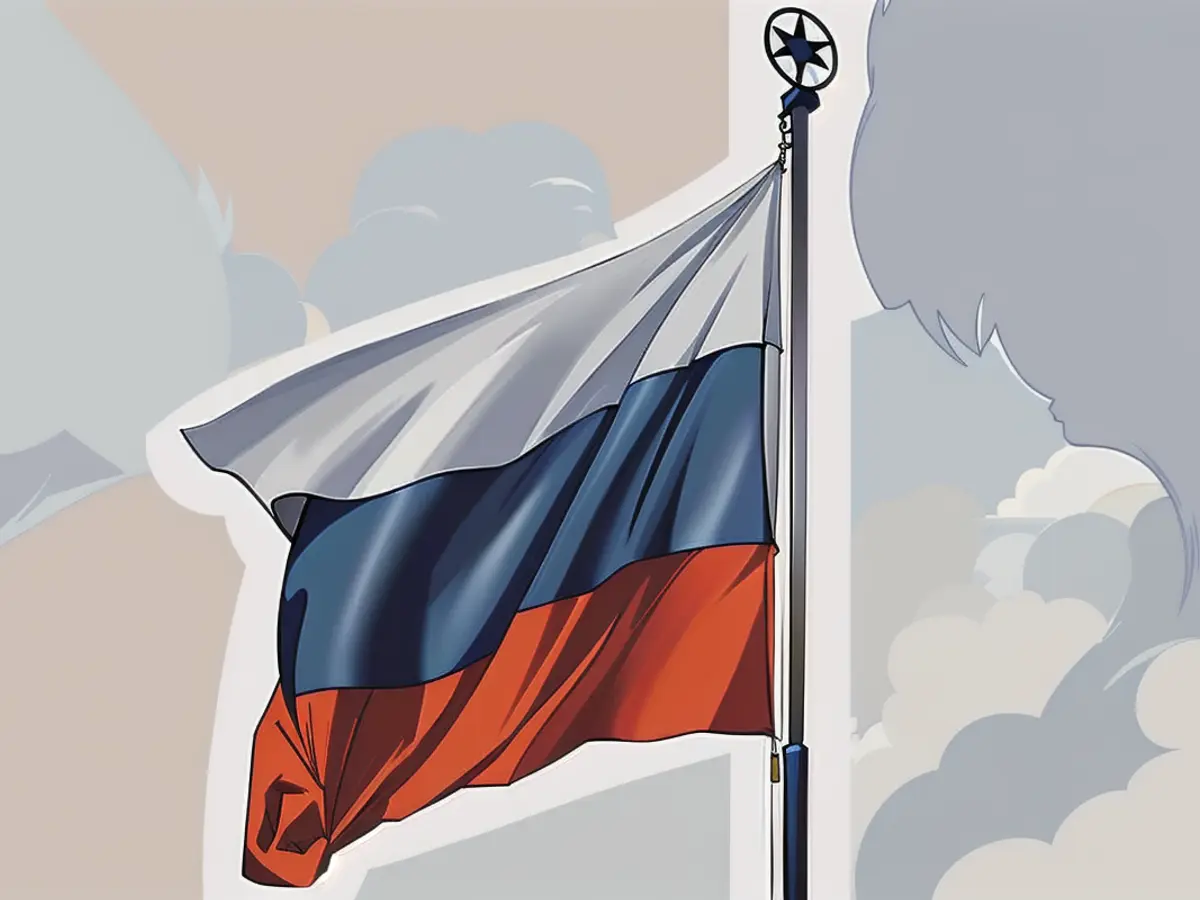Russian authorities are stepping up their efforts against children.
Authorities in Russia are targeting kids who say negative things about the war in Ukraine, as per a report by human rights group Amnesty International. The report, published last week, reveals how kids are being hunted down, indoctrinated at school, and used to pressure their parents.
Oleg Koslowsky, an Amnesty Russia expert, said: "Rather than valuing the family, the government shamelessly exploits the bond between children and parents to persecute those who disagree with them." Schools and teachers have been turned into tools for persecution and arbitrary state intervention. The younger generation is being brainwashed with fake, government-sanctioned stories.
The war between Russia and Ukraine has brought about patriotism classes in schools. Amnesty shares some instances in its report. For example, 10-year-old Warwara Galkina faced questioning by the Moscow police because her WhatsApp profile picture featured a pro-Ukraine drawing. The police even threatened Warwara's mother, Elena Jolicoeur, and searched her home.
Jolicoeur decided to leave Russia due to the situation, stating to Amnesty: "I didn't want my children to have to live a double life, pretending to agree with the government or to support the war."
One other case highlighted by Amnesty is that of 16-year-old Yegor Balasejkin from St. Petersburg. He was sentenced to six years in prison by a military court for throwing bottles filled with gasoline and diesel at two military registration offices. The authorities labeled his actions - which caused no damage - as "terrorist attacks."
Read also:
Russian authorities are facing criticism for their treatment of children who express dissenting views about the Ukraine war. Amidst the war, school classes promoting patriotism have become prevalent, leading to the questioning of children like Warwara Galkina for displaying pro-Ukraine symbols. However, Russian authorities are also using children as tools for persecution, as seen in the case of Yegor Balasejkin, who was sentenced to six years in prison for actions labeled as "terrorist attacks."








